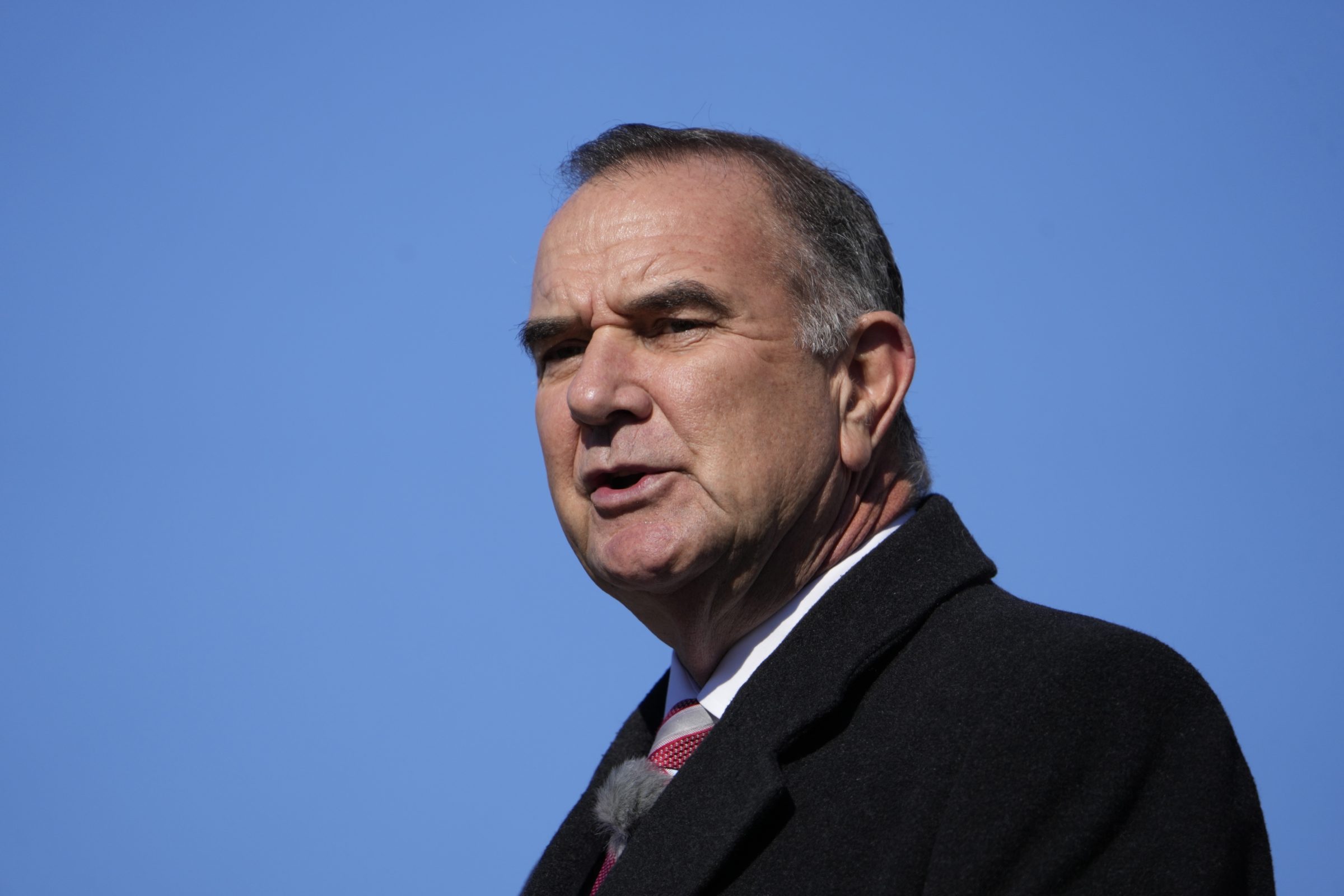Excerpt:
It has taken nearly a decade for St. Louis’ Civilian Oversight Board to find the footing needed to effectively investigate police misconduct and give residents the tools to hold police accountable, says board member Keith Rose. The city established the board in the years following the Black Lives Matter protests in nearby Ferguson, where grassroots organizers amplified calls to end police violence. But the board faced obstacles at every turn, from legal battles with police unions to the police department’s refusal to cooperate with investigations.
“It feels like we only just now got to the place where we have a path to do the work, after delays from lawsuits and police noncooperation. It finally feels like the board is ready to do the work,” Rose told Bolts.
But the state of Missouri is poised to wreck community oversight over policing in St. Louis. Governor Mike Kehoe on Wednesday signed a bill that ends the city’s ability to run its own police department, transferring control to the GOP-run state government. Going forward, the department will be led by a board mostly appointed by the Republican governor. The new law, which passed with the support of police unions, also requires St. Louis to commit 25 percent of its budget to policing by 2028.
“In order to prevent additional oversight, the police union has decided to go out and find representatives that do not represent the people of St. Louis and ask them to take over,” Rose said. “No reform is palatable enough for the police unions.”
There is a dark precedent for Missouri state officials seizing control of law enforcement in this city. On the eve of the Civil War, a secessionist governor took over the local police, worried that the city may otherwise resist his hopes of having Missouri join the Confederacy. He proceeded to pack the new state-run board with secessionist members, according to Chris Gordon, a historian with the Missouri Historical Society.
This state control then remained in place for well over 150 years. Only in 2012 did 64 percent of Missourians approve a measure to let St. Louis, which has a large Black population, run its own police force. The new law overrides that reform, returning control to the state leadership, which is largely white.



Time for locals to create their own ‘constitutional sheriff’s’ movement.